Zika: Brazil to deploy army in fight against virus
- Published
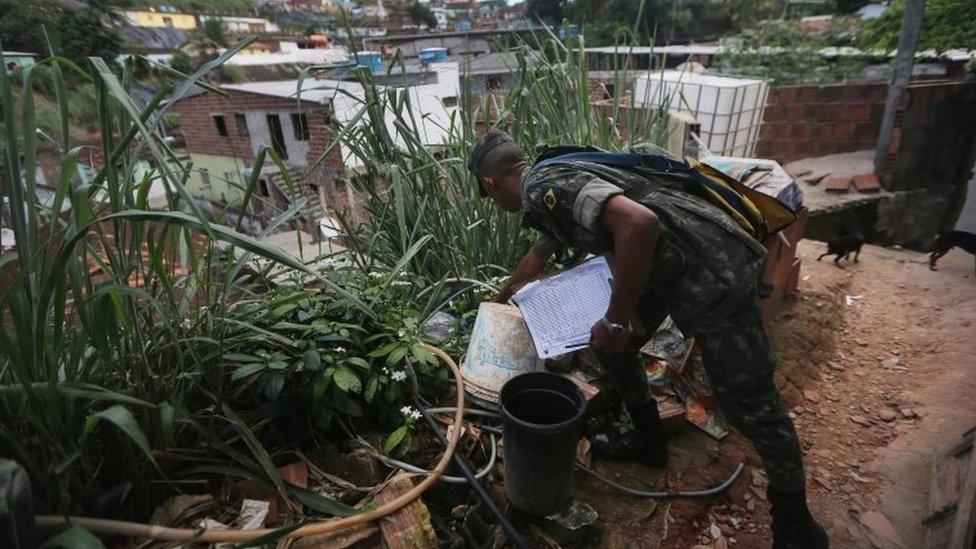
Soldiers are helping to clear mosquito breeding grounds
Brazil's government says it will deploy 220,000 soldiers in its fight against mosquitoes spreading the Zika virus.
The soldiers will go from home to home handing out leaflets on how to avoid the spread of Zika, which has been linked to thousands of babies being born with underdeveloped brains.
The announcement came after Health Minister Marcelo Castro said Brazil was "losing badly" in its fight against the virus.
No treatment or vaccine is available.
'Number One enemy'
Mr Castro said the troops would be sent out on 13 February to hand out leaflets and give advice on how to eradicate mosquito breeding grounds.

More on the Zika virus:

Babies born with abnormally small heads may face lifelong difficulties

He told O Globo newspaper that the spread of the Zika virus was one of the greatest public health crises in Brazilian history.
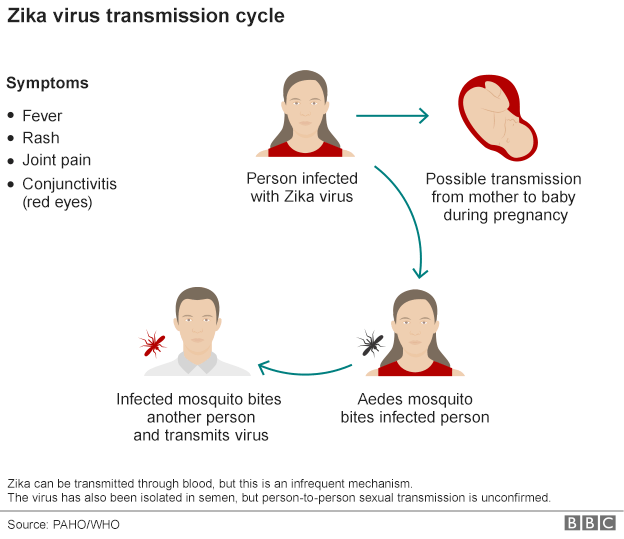
The fight against Zika could only be won if people did their bit to eradicate the Aedes Aegypti mosquito which transmits it, Mr Castro said.
He added that the mosquito, which also transmits dengue, chikungunya and yellow fever, was Brazil's "public enemy number one".
"Last year we had the highest number of dengue cases in the history of Brazil," he said.
"We're losing badly in the battle against the mosquito."

What is Zika virus?
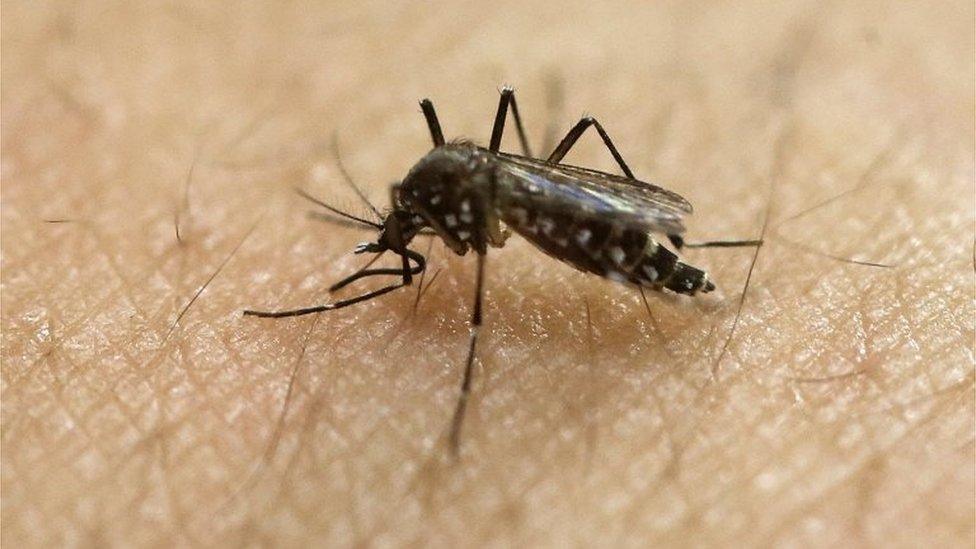
Spread by the Aedes aegypti mosquito, which also carries dengue fever and yellow fever
First discovered in Africa in the 1940s but is now spreading in Latin America
Scientists say there is growing evidence of a link to microcephaly, that leads to babies being born with small heads
Can lead to fever and a rash but most people show no symptoms, and there is no known cure
Only way to fight Zika is to clear stagnant water where mosquitoes breed, and protect against mosquito bites

The World Health Organization warned on Monday that the Zika virus was likely to spread across nearly all of the Americas.
Symptoms include mild fever, conjunctivitis and headache and the virus has already been found in 21 countries in the Caribbean, North and South America.

However, what the authorities are most worried about is the damage the virus can potentially cause babies in the womb.
Brazil has recorded a huge spike in cases of babies born with microcephaly and a number of Central and South American nations have asked women to delay pregnancy.
There have been 3,893 reported cases of microcephaly in Brazil since October compared with the previous annual average of just 160 cases.
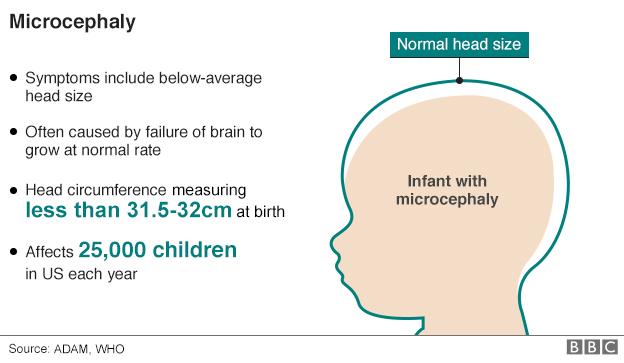

- Published25 January 2016
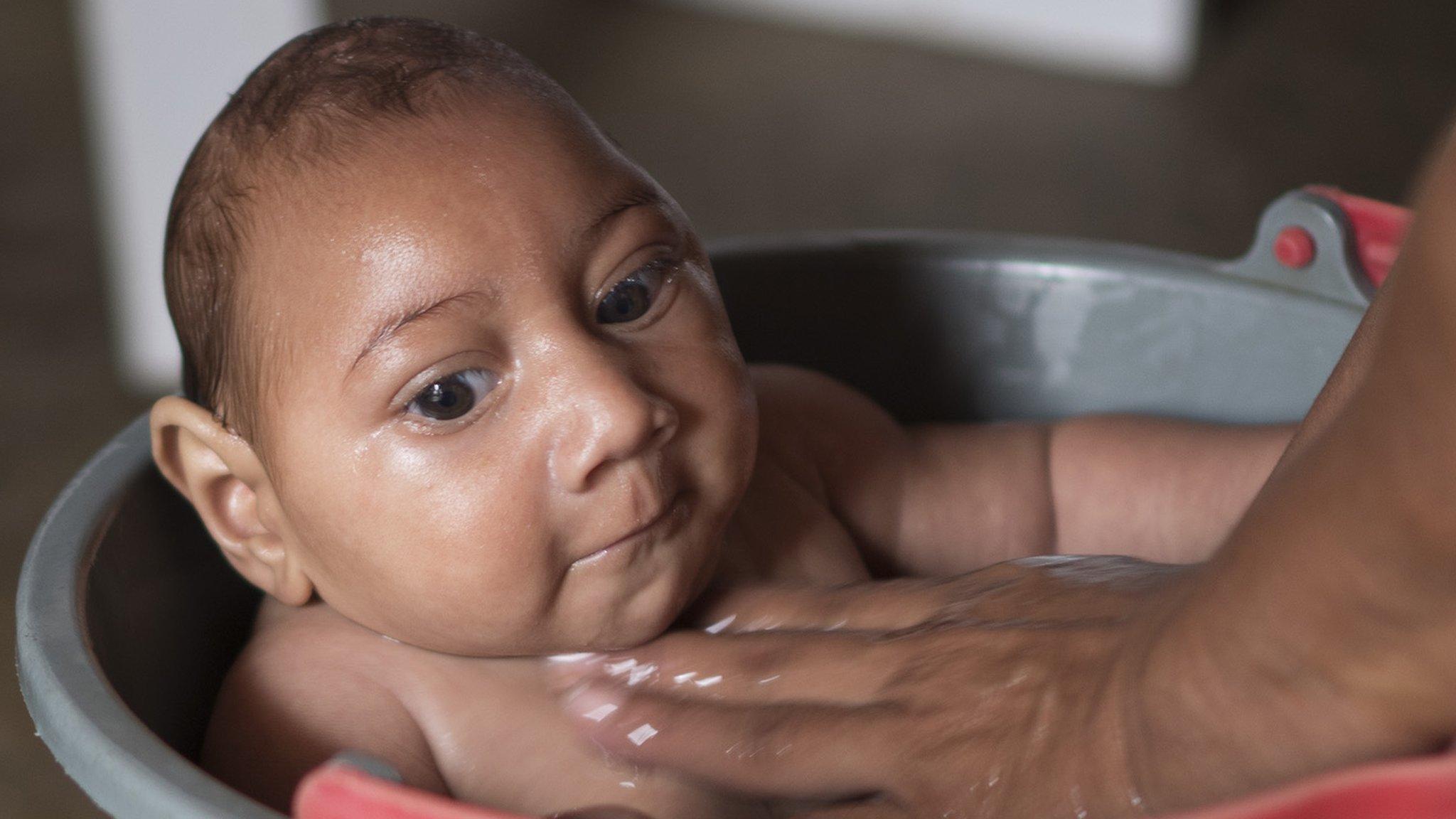
- Published24 January 2016
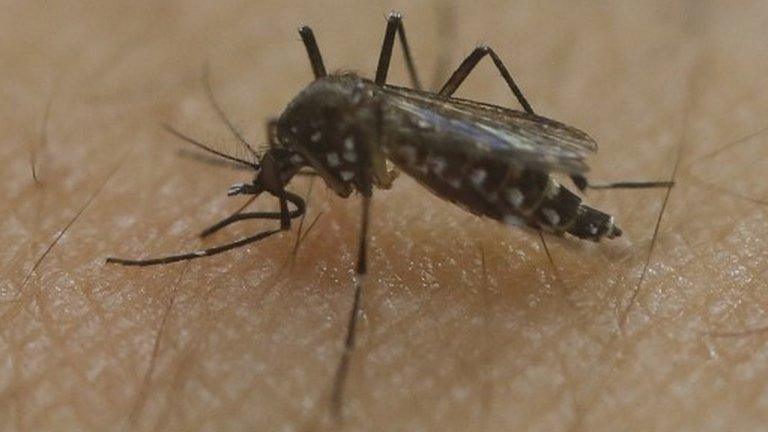
- Published23 January 2016

- Published23 January 2016
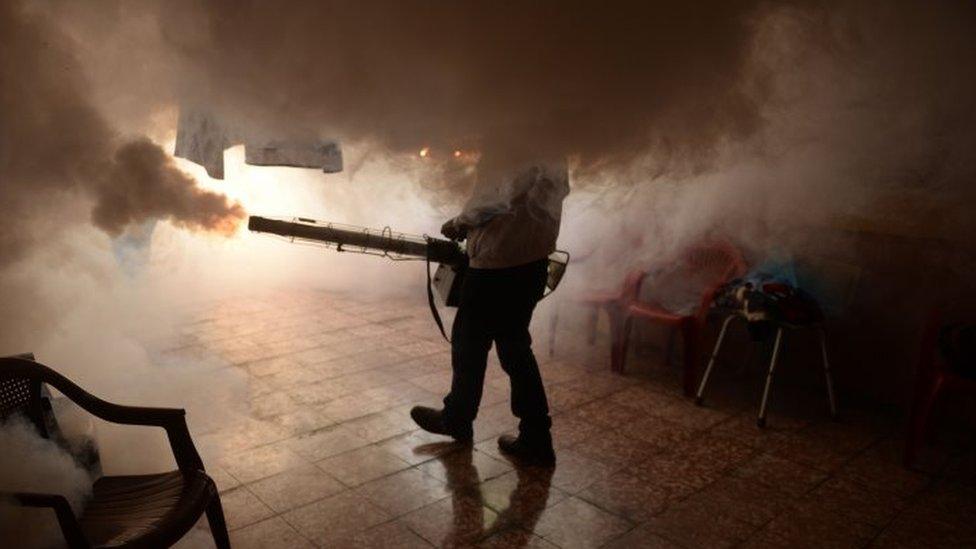
- Published26 January 2016
